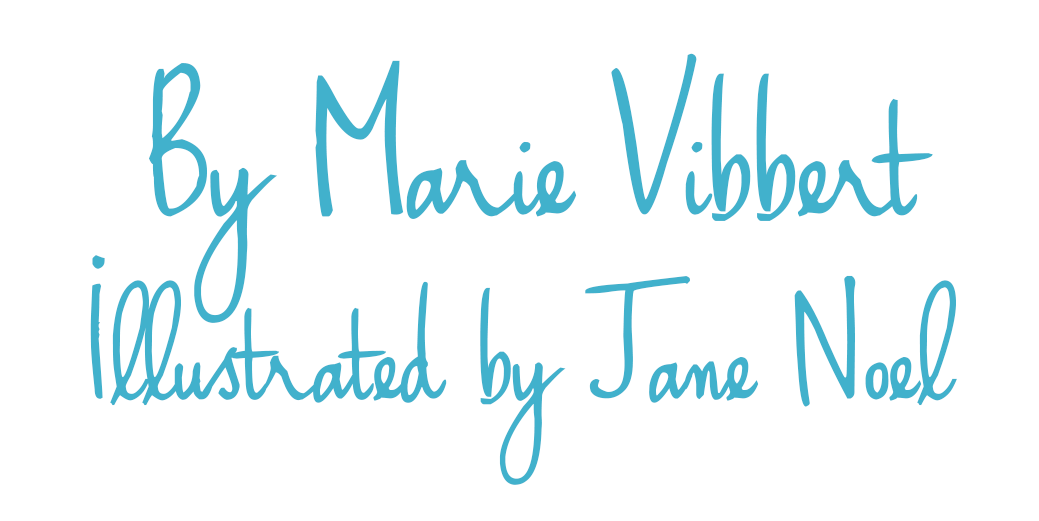A shadow fell over me. “I’m sorry, Mx?” A police-bot floated deferentially a few paces away, with its non-threatening cartoon face and bottom-heavy egg body. It bobbed, permanently smiling. “Are you engaged in a lawful occupation?” “I’m doing mathematics,” I said. “In a cemetery?” The tombstone against my back was warm and worn as smooth as bone. If the bot had an opinion of my dotted Swiss dress, kid gloves and straw hat, it said nothing. Performing gender on a weekday marked me as an eccentric, but I quite loved being eccentric. It infused my days with inexplicable life. “I find the surroundings conducive to creative thinking,” I said. “May I have permission to check your identity on the vocational database?” “I’d rather you didn’t.” The bot bobbed in place like it wanted to be elsewhere but wasn’t sure how to end our conversation. “You triggered my suspicion algorithm for loitering with intent of wrongdoing, you see. The thing is, if you are engaged in work of some nature, you aren’t loitering, but mathematics isn’t on my list of public grounds work. It could be, though. It’s on the list of professions that create exceptions. I have to make a decision. I hate those.” If I’d brought an interface with me, I could show my work. Stupidly, I’d thought time away from data screens would freshen my ideas. I beckoned a passing bird-bot, but it didn’t notice me. I resigned myself to talking my way out of this. “The purpose of anti-loitering laws is to prevent an individual from hogging resources meant to be shared equally by all citizens, are they not?” The police-bot rocked. “Well, yes, but there’s also an aesthetic side to it. Places like this, people like to see mostly empty, for the view of it from the road.” He tilted toward the public sports park, which was itself very picturesque, with its arches left from the demolished stadium and wind turbines that spiraled upward like colorful screws attaching the ground to the sky. A gaggle of children played baseball there, their shouts echoing on antique stone. I said, “I am not preventing anyone from using the space and I think I am quite aesthetic, if I say so myself. If it makes you feel better, however, I am leaving to get some lunch.” The bot rocked and bobbed, considering or timing me. I tucked my notepad into my purse and stood, dusting my skirt. The crinoline had picked up a leaf and no doubt a few ants. Still, it swished pleasantly around my calves as I walked through the wrought-iron arch onto Ninth Street. The police-bot followed, either because it had not been able to rule me out as a miscreant, or because this was its normal route. I did not really intend to get lunch, but I had to go somewhere before the conversation turned to embarrassing subjects such as my lack of a theorem or a position on the vocational database. But where to go? My home was a considerable distance, and though there were plentiful mag-bikes at the stands, I’d never gotten the knack of riding one in this sort of costume.
How wonderful to know people in the theatre! They were invariably the best sorts of people. I followed my friend to the end of the block. Making my calculations afresh, it was not terribly far to Public Square, which was the social center of the city, if not the geographic one. Bird-bot terminals would be plentiful. Also, a cafeteria fronted the square, one of the largest in the city and known for its variety. I set off, awakened to hunger, thinking of tomatoes and pears. At this time of year, the local produce was plentiful and delightful. I could have been a farmer and have no need of a theorem. My aptitude tests were good for farming. I could have not become a Vocationalist at all, but both of my parents had jobs and there was this need to straighten the spine and say, “I have a function.” One was not merely a citizen or a family member or a woman, but also this. It decorated a life like clothing decorates the body. My father was a biological engineer; he helped create sustainable crops that met the new environmental standards. He wanted to see me bring his efforts to literal fruit, but I loved the poetry of numbers, the pretty puzzles and solutions. My other father’s grandmother had wanted to be a mathematician, her ambitions thwarted by a need to secure “funding” through labyrinthine rules as unknowable as the Whitcher Invariant. My proudest day was when I was approved to work for the advancement of mathematics, and my fathers said it was theirs, too. The downtown cafeteria had once been a department store, a sort of cathedral of objects with stout columns and a patterned, gilt ceiling. Two greeters opened the doors and an assistant offered me a tray. Cleveland had plentiful Service Path people to fill every conceivable volunteer position, leaving one feeling guided by the hand through life. One of the greeters was dressed as a man, with well-groomed white hair brushing a satin collar. I’m uncomfortable around men; I never know what to do with my hands. My own fathers rarely performed gender, though one occasionally wore a ball cap to church. I avoided the greeter’s gaze and headed straight for the buffet. Vegetable loaf sandwiches, alas, though they had fresh tomato slices and an interesting garlic scape relish which was optional for some but not for me. The tables were full, so I took my sandwich out to eat on the grass. The elderly male greeter again held the door for me. “Thank you, sir,” I said, but it felt like a bad piece of theatre when it should have been a moment of connection, the two of us, eccentric together. He waved me off benevolently. The police-bot was waiting for me. Or perhaps it was a different one. (I’d hardly catalogued them all, but it seemed like Cleveland had three police-bot faces: the one who looked like it had just told a joke and was waiting for you to laugh, the one who was laughing politely at your joke, and the one who felt something was so hilarious it had to close its eyes. This was the polite laugh type.) It followed me to the top of the hillock on the southwest corner of the square and floated a few feet away while I arranged my skirts under the oak tree. “You aren’t on the registered list of mathematicians in the region,” it said. The same one, then. (Though networked, the bots had anti-gossip protocols that kept them from sharing details with each other.) “I didn’t give you permission to check my identity,” I said. The bot bobbed, too polite to point out that it had a right to, once it had decided I’d broken a law. “I passed the tests,” I said. “I didn’t check your history. That would be an invasion of privacy. Do you have an occupation?”
I got up, ate a fried egg for my supper, and repeated the performance. I woke feeling like my head had been hollowed out. I filled my teakettle at the kitchen sink and thought how the dishes I’d left unwashed were like a little city crowding a tiny square. If I did calculate the exact center of Cleveland, shouldn’t it include the heights of the buildings? The street level abstracted to a flat surface would be the trivial section of a bundle… My thinking tilted on its side. I’d been ignoring dimensions. The Whitcher Invariant had a natural extension to the Higgs bundle. I threw open the window and hailed a pigeon terminal. It alighted on the sill with eager attention, spreading its interface in the air above the sink faucet. My fingers danced over the projected lights. Yes, the preliminary calculations were promising. I shooed the pigeon and ran to put on my very best dress. I would go to the library, after all. I’d been so cross, caught up in the legal definition and not the occupation, I’d forgotten all I needed to be a mathematician was to decide to be one. I wanted to find and kiss the dear police bot for nudging me out of my comfort. I wanted to kiss everyone: Selwyn, the dear farmers, my dear city that let me live and stew and think. Oh, how wonderful it felt, to be a woman and a mathematician at the center of everything! |
 |


